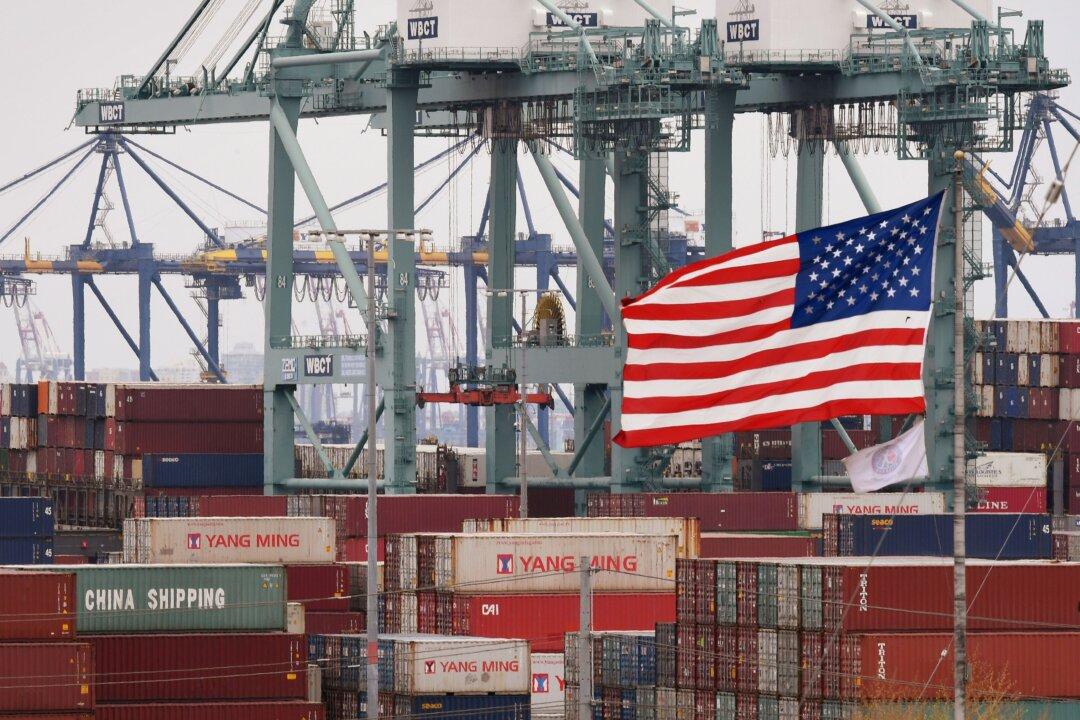U.S. President Joe Biden expressed concerns over Chinese military activity and transparency at Cambodia’s Ream Naval Base during a meeting with Cambodian Prime Minister Hun Sen in Phnom Penh, according to a White House press statement on Nov. 12.
China responded that its assistance in building the Cambodia port military facility is a “normal activity” between comprehensive strategic cooperative partners. The Chinese activity aims to “ strengthen” the Cambodian navy and defend its maritime territorial integrity, said Chinese Foreign Ministry spokesperson Mao Ning.




